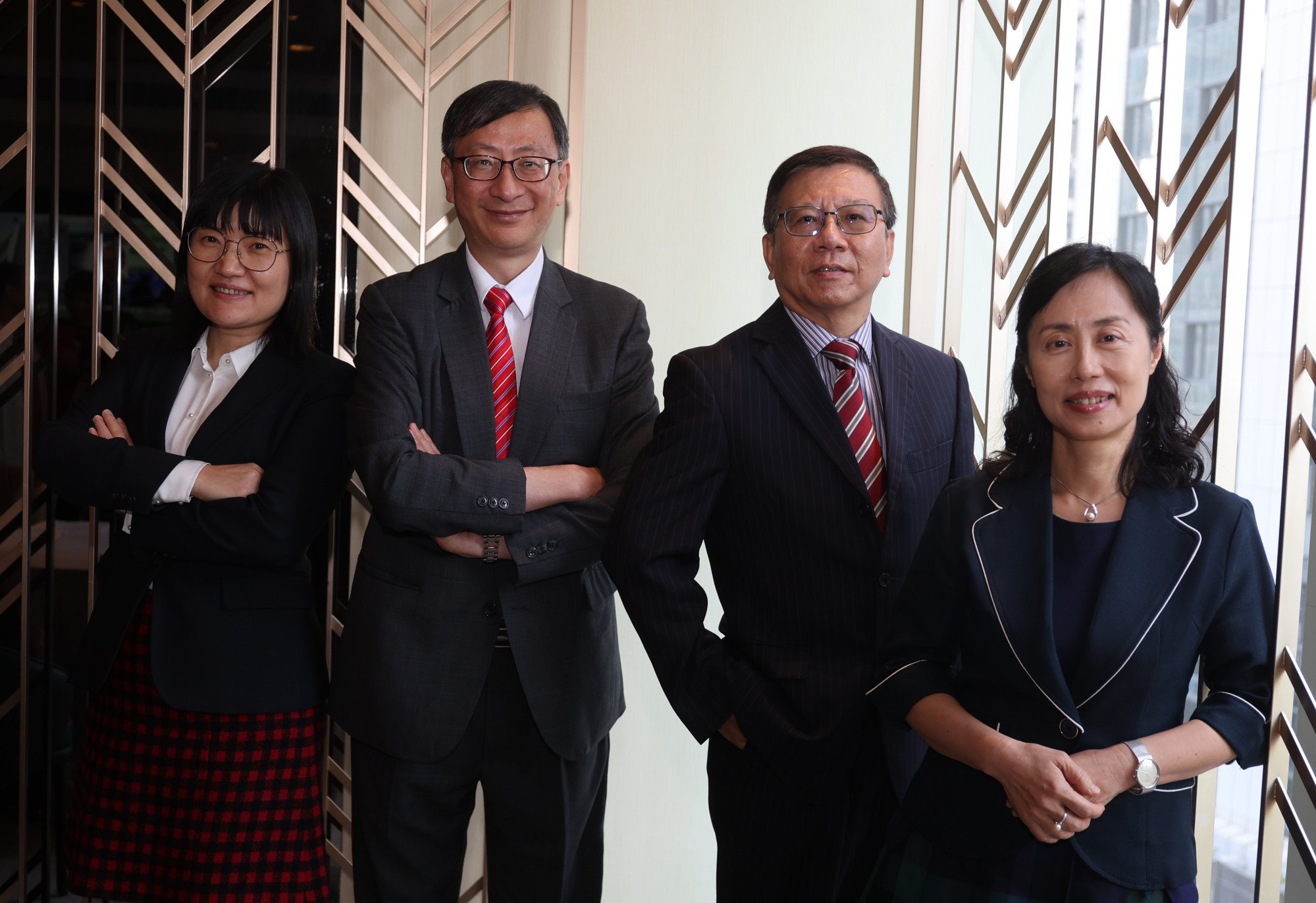Students at Hong Kong’s Education University will need to take compulsory national security classes, learn about mainland China
[ad_1]
The Education University of Hong Kong will revise its curriculum for undergraduates taking education degrees to strengthen ethics knowledge for teachers in 2024-25. It will introduce new national education courses for all undergraduates in the following academic year.
“We will update the curriculum to be in line with the guidelines on teachers’ conduct according to the Education Bureau … as Hong Kong and the nation put an emphasis on national security,” university president John Lee Chi-kin told a press briefing.
The university offers bachelor’s degree courses in education, arts, science and social sciences. It had 5,528 undergraduates in 2022.

May Cheng May-hung, the university’s vice-president for academic affairs, said the curriculum revamp for education majors was based on eight principles listed by the bureau.
The list covers professional beliefs, adherence to the rule of law, leading by example, integrity and fairness, loyalty to duty, care for students, respect for privacy, and upholding professionalism.
Education University of Hong Kong head predicts more cuts to teacher training spots
Education University of Hong Kong head predicts more cuts to teacher training spots
The students would have to take two new compulsory courses on teaching ethics and complete three stages of assessment by principals or teachers from internship partner schools throughout their degree, Cheng added.
Starting from the 2025-26 academic year, all undergraduates will have to take classes in four new areas – digital literacy, national security and legal education, entrepreneurship and national experience – as part of the general education requirement.
The university will also launch a National Security and Legal Education Centre by the end of the year, headed by law professor Gu Minkang, who will be in charge of coming up with the related curriculum.
“Every student, teacher or citizen should know these three laws,” said Gu, referring to the Chinese constitution, the Basic Law, the city’s mini-constitution, and the national security law. “Teachers should know how to abide by the law, and how to educate their students as such.”
He said the national education module, which currently counts for one of four credits in some compulsory general education courses, would be increased to two credits.
Hong Kong primary schools not getting national education as ‘independent subject’
Hong Kong primary schools not getting national education as ‘independent subject’
Undergraduates studying for other degrees would take national security classes tailored to their field of study, he said, adding that those who failed the exam would have to sit it again and might have to repeat the course.
All education majors enrolled from the 2025 academic year onwards will have to complete mandatory immersion on the mainland, including visits, exchanges or credit-bearing internships across the border.
Cheng said this would allow them to better understand the latest developments in the region and broaden their horizons.
Non-education major students will need to take a compulsory course which offers experiential learning activities to experience life, culture or work in the Greater Bay Area or elsewhere on the mainland.
Hong Kong looks to mainland China, overseas institutions with university town
Hong Kong looks to mainland China, overseas institutions with university town
The bureau published a document last December detailing its expectations on teachers’ conduct.
The guidelines say teachers should have basic knowledge of national history, acquire the “correct understanding” of the constitution, the Basic Law and the national security law and respect the fundamental regime of the nation.
Teachers should not organise, plan, commit or participate in any acts that violate the law or encourage students to break the law and disrupt social order.
The previous administration pledged to revise the code after lawmakers accused some teachers of taking part in illegal activities during the 2019 social unrest or inciting students to join.
[ad_2]
Source link





